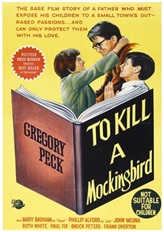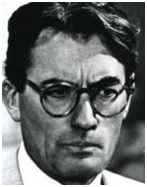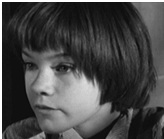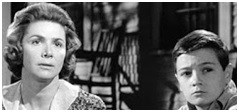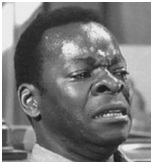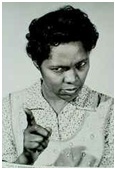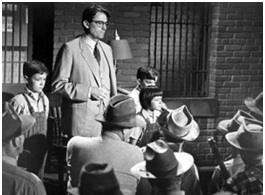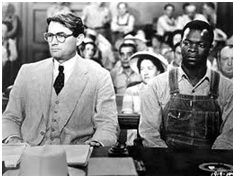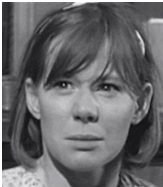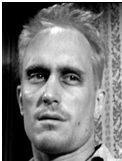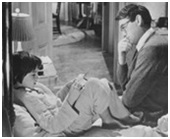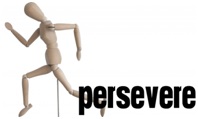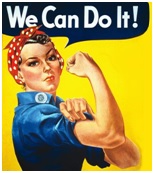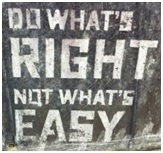|
 |
|
 |
To Kill a Mockingbird - Ethics and Racism
To Kill a Mockingbird (1962)
Famous for...
The hero is Atticus Finch... The American Film Institute in 2003 named Atticus Finch the greatest movie hero.
Gregory Peck is the star... It was a life changing film for Peck as Atticus Finch (pictured right). He won an Oscar and became:
He practised Atticus Finch's courtroom speech at least 200 times!
Based on... American Harper Lee’s (pictured right) novel, To Kill a Mockingbird Her book was inspired by the rape trial in 1931 of nine innocent African American teenagers (called the Scottsboro Boys)
Set in... Early 1930’s Maycomb, Alabama, based on the real town of Monroeville. In Alabama (like in America’s other southern states) African American lives were ruined by:
Director Robert Mulligan (pictured right).
Oscars Three including best actor for Gregory Peck (as Atticus Finch).
Key characters Atticus Finch (Gregory Peck), lawyer. Scout (Mary Badham), his daughter (pictured right). Tom Robinson (Brock Peters), an African American wrongly accused of rape. Boo Radley (Robert Duvall), the Finchs' neighbour.
The story It is the early 1930's in the small American town of Maycomb, Alabama. After the death of his wife four years earlier, the lawyer, Atticus Finch, looks after his two children:
The children:
Atticus agrees to defend the African American, Tom Robinson, who tearfully appears in court (pictured right) charged with the rape of a poor white girl, Mayella Ewell. Her father, Bob Ewell, attacks Atticus for defending a “nigger” (a word Atticus hates) and later calls him a “nigger lover”. During a meal with Scout, Jem and one of his school friends (Walter Cunningham), Atticus tells them it’s “a sin to kill a mockingbird” with a gun, because it
Scout receives further advice from:
In an oak tree on the edge of the Radley property Jem and Scout keep on finding things left for them like:
They have all been left by Boo. Atticus tells Scout:
Atticus guards the jail where Tom is kept on the day before his trial. Some people arrive with the intention of taking and lynching him (pictured right above). One of them is Walter Cunningham. Scout shames Cunningham into leaving after reminding him how:
The others also leave and Tom is saved. Jem and Scout watch the trial in the “blacks only” balcony (Atticus and Tom are pictured right in court). Atticus proves Tom's innocence by showing that
It becomes clear that Mayella’s father, Bob, has beaten her (as he sometimes does, when drunk), because she kissed Tom in an attempt to seduce him. But the all white jury still find Tom guilty after several hours of deliberation. Later that night, Tom is shot dead trying to escape, and Atticus tells his devastated wife, Helen. The disgraced Bob Ewell:
The brain damaged Boo Radley (pictured right below) later reveals that he:
The sheriff keeps this quiet to avoid prosecuting Boo which, Scout says to Atticus, would be like shooting a mockingbird. Atticus thanks Boo, who is lovingly escorted home by Scout. Scout is reminded of her father’s advice that the best way to understand people is to see the world from their point of view.
Lessons for ethics and racism 1. Stand up for your principles Atticus courageously defends Tom in the face of vicious racist abuse and threats. This keeps his:
He tells Scout that, if he had deserted Tom: “I couldn't hold my head up in town. I couldn't even tell you or Jem not to do somethin' again” . Atticus tells them that principled reasoning is much more effective than physical violence in winning an argument. 2. Never stop learning Scout and Jem constantly learn from asking Atticus questions (Scout is pictured right reading to him). He lets them see Tom’s trial to show them what hatred and prejudice can do.
3. Love and understand other people Atticus advises Scout to see the world from other people’s point of view. This wisdom transforms her relationship with Boo from fear and suspicion into love. Boo and Atticus are heroes, because they:
Tom is also a kind person who:
4. Character is charismatic Atticus is a hero because of his:
He never boasts about his virtues and abilities. It is only when he has to shoot a rabid dog that the children discover from the sheriff that he is: “the best shot in the county”.
5. Don’t give up Atticus never stops believing that his fight against evil and prejudice will triumph. Even though the guilty verdict against Tom Robinson is a foregone conclusion, it is encouraging that the all white jury took several hours to make their decision.
6. The value of compromise Atticus tells Scout that compromise is “an agreement reached by mutual consent”. So, in exchange for her going to school, he agrees to read with her every night, as they have always done.
7. First impressions can be misleading Scout and Jem think that Boo is rather odd But he is kind and heroic:
8. Be positive When Scout and Jem criticize Atticus for being too old, their neighbour, Maudie, tells them to: “count your blessings and stop complaining”.
9. Do no harm Atticus tells his children that it is “a sin to kill a mockingbird”, because it's harmless and gives much pleasure. The same thing could be said about:
10. With good comes evil Tom is wrongly convicted because he was kind to Mayella, who kissed him. Her racist father couldn't tolerate this and so he framed Tom.
Key quotes on emotional intelligence and relationships You never really understand a person until you consider things from his point of view - until you climb into his skin and walk around in it, Atticus (to Scout).
Key quotes on law In our courts all men are created equal, Atticus (to the jury in his closing speech)
Key quotes on family and society There's a lot of ugly things in this world, son. I wish I could keep 'em all away from you. That's never possible, Atticus (to Jem after Bob Ewell had called Atticus a “nigger lover”) .
Key quotes on ethics I remember when my daddy gave me that gun. He told me ...to remember it was a sin to kill a mockingbird, Atticus. In the name of God, do your duty. In the name of God, believe... Tom Robinson, Atticus (to the jury).
Two film websites to recommend 1. filmsite.org (run by Tim Dirks). 2. aveleyman.com (run by Tony Sullivan) |
|
|
||
|
|
|
||
|
||
| Copyright © wisdomtowin.com All Rights Reserved | ||
|

